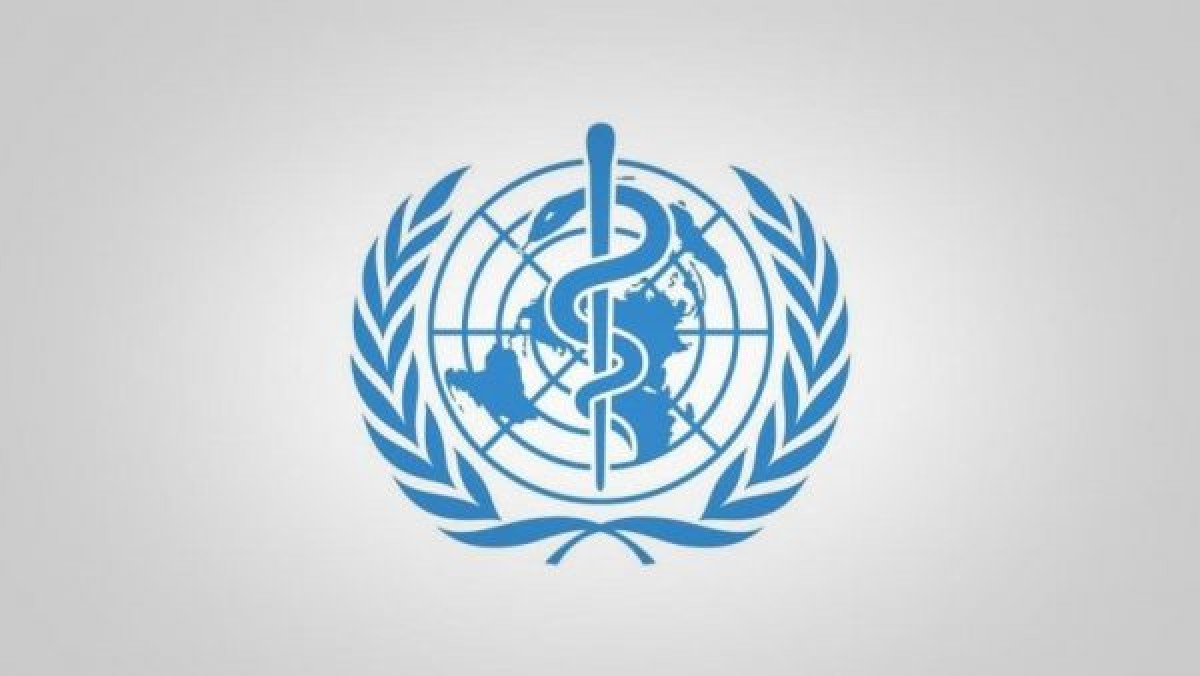World Health: More than 13 million children in Yemen are in need of health services


The World Health Organization (WHO) has confirmed that more than 13 million children and women in Yemen are in urgent need of health services during the current year 2024.
The Regional Office for the Eastern Mediterranean at the World Health Organization (WHOEMRO) said in a press statement issued today, Sunday, on the occasion of World Health Day, which falls on April 7 of each year: “The protracted conflict in Yemen has left half of the population in need of health assistance. 17.8 million people in the country need health assistance, about 75% of whom are children and women.”
The statement added that of the total number of people in need of health assistance during the current year, 24% are women, or about 4.3 million women, in urgent need of life-saving medical and reproductive health services, while children constitute 50%, or 8.9 million. One million children.
He added that among the millions of children in need of health services, 540,000 children under the age of five require life-saving treatment due to severe wasting, 10% of whom suffer from severe acute malnutrition with complications and need specialized care with the necessity of keeping them in the hospital.< /p>
The statement indicated that vulnerable groups are the ones who bear the effects of conflict the most, and these groups include internally displaced persons, children, women, the elderly, people with special needs, people suffering from psychological disorders, marginalized communities, and people injured during the conflict.< /p>
The representative of the World Health Organization in Yemen confirmed; Arturo Pesegan said that the challenges faced by local communities in Yemen “cannot be described. The health system is fragile and has difficulty meeting the increasing demands. Children who are referred to therapeutic feeding departments are there only because of hunger for long periods.”
The statement explained that there are 6 high-priority risks with high probability and significant impact on public health in Yemen, which are: armed conflict, cholera, dengue fever, floods, hurricanes, malaria, and measles, and “the World Health Organization continues to support local authorities to address the gaps and fill the gaps.” The existing health gap due to the continuing conflict.”
World Health reported that last year, 2023, it supported 245 health facilities to ensure their operation, provided 6.4 million medical consultations to patients, reached about 2.5 million beneficiaries, and vaccinated about 1.2 million children under the age of five against Polio, and about 1.1 million others between the ages of 6 months and 4 years against measles.